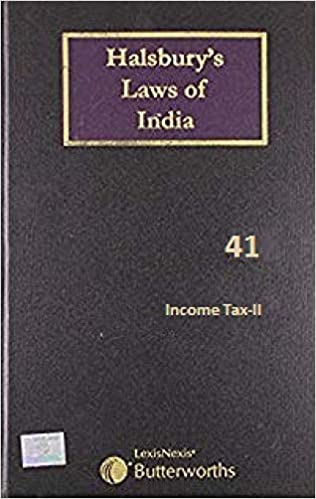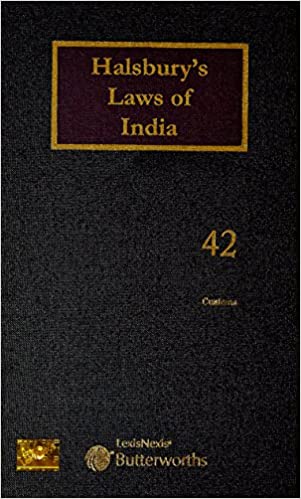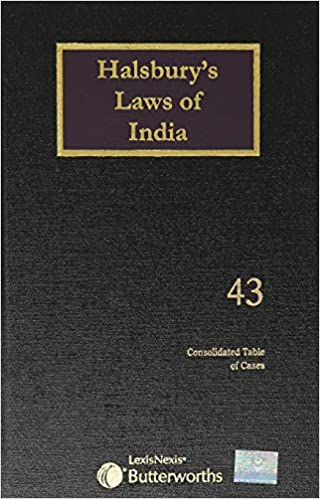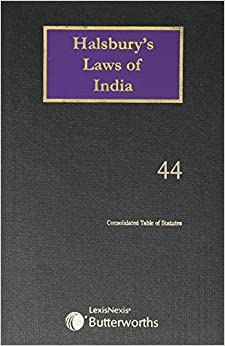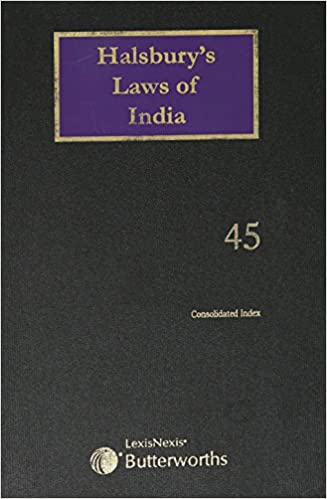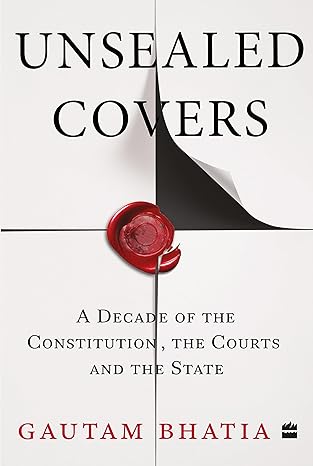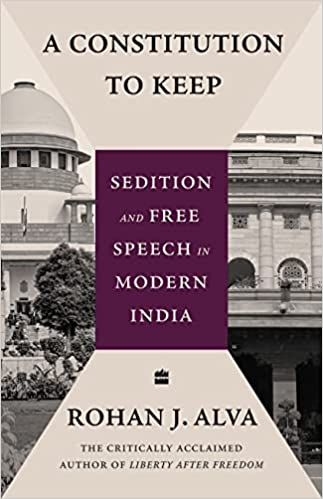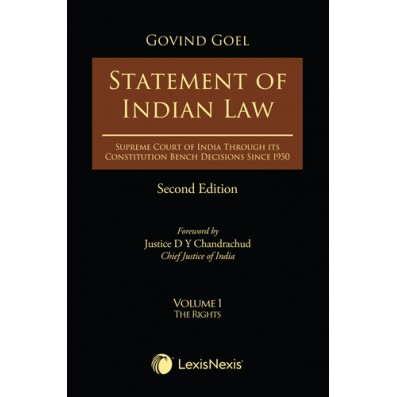Online Law Book Store in India | Law Books Shopping in Delhi
Featured Products
Halsbury's Laws of India-Income Tax - II; Vol 41
₹2,240.00
M.R.P.:₹ 2,800.00
You Save: ₹560.00 (20.00% OFF)
Halsbury's Laws of India-Consolidated Table of Cases (Volumes 32-36 and 40-42); Vol 43
₹1,200.00
M.R.P.:₹ 1,500.00
You Save: ₹300.00 (20.00% OFF)
Halsbury's Laws of India-Consolidated Table of Statutes; Vol 44
₹1,200.00
M.R.P.:₹ 1,500.00
You Save: ₹300.00 (20.00% OFF)
Halsbury's Laws of India-Consolidated Index; Vol 45
₹1,200.00
M.R.P.:₹ 1,500.00
You Save: ₹300.00 (20.00% OFF)
Unsealed Covers: A Decade of the Constitution, the Courts and the State (20142024)
₹524.25
M.R.P.:₹ 699.00
You Save: ₹174.75 (25.00% OFF)
Liberty After Freedom: A History of Article 21, Due Process and the Constitution of India
₹374.25
M.R.P.:₹ 499.00
You Save: ₹124.75 (25.00% OFF)


